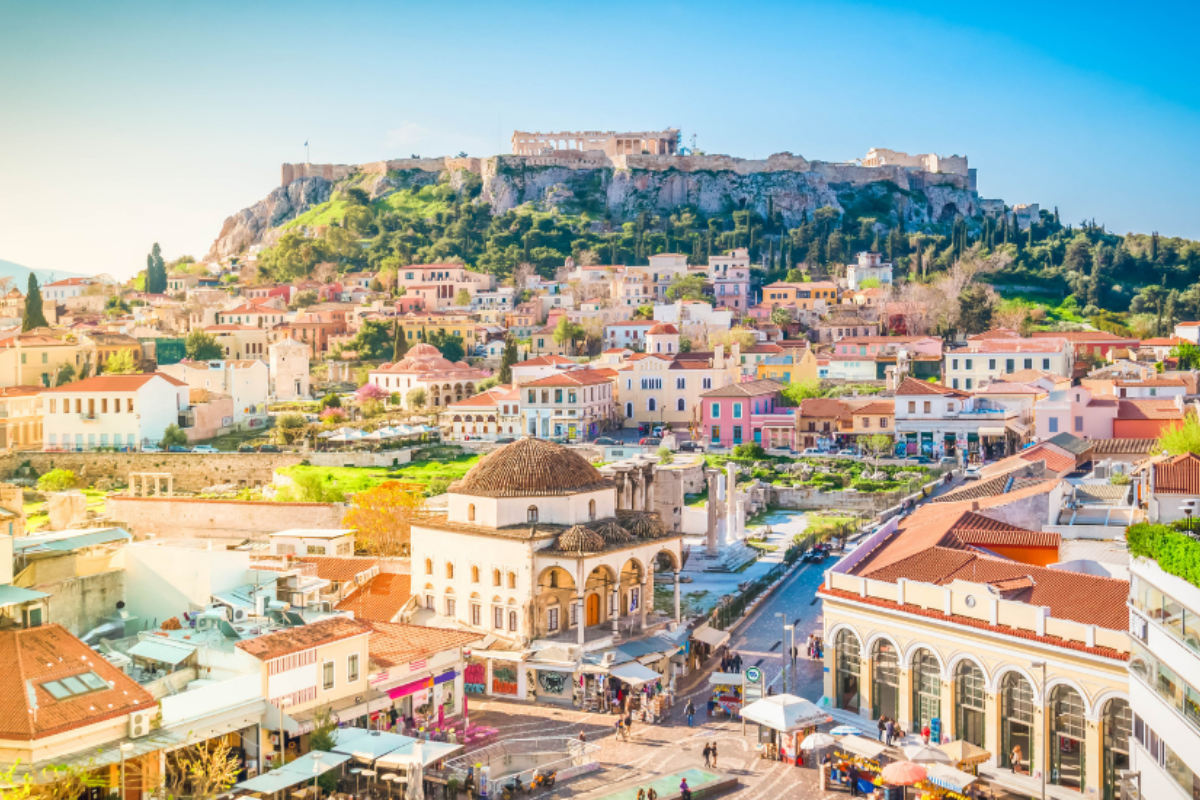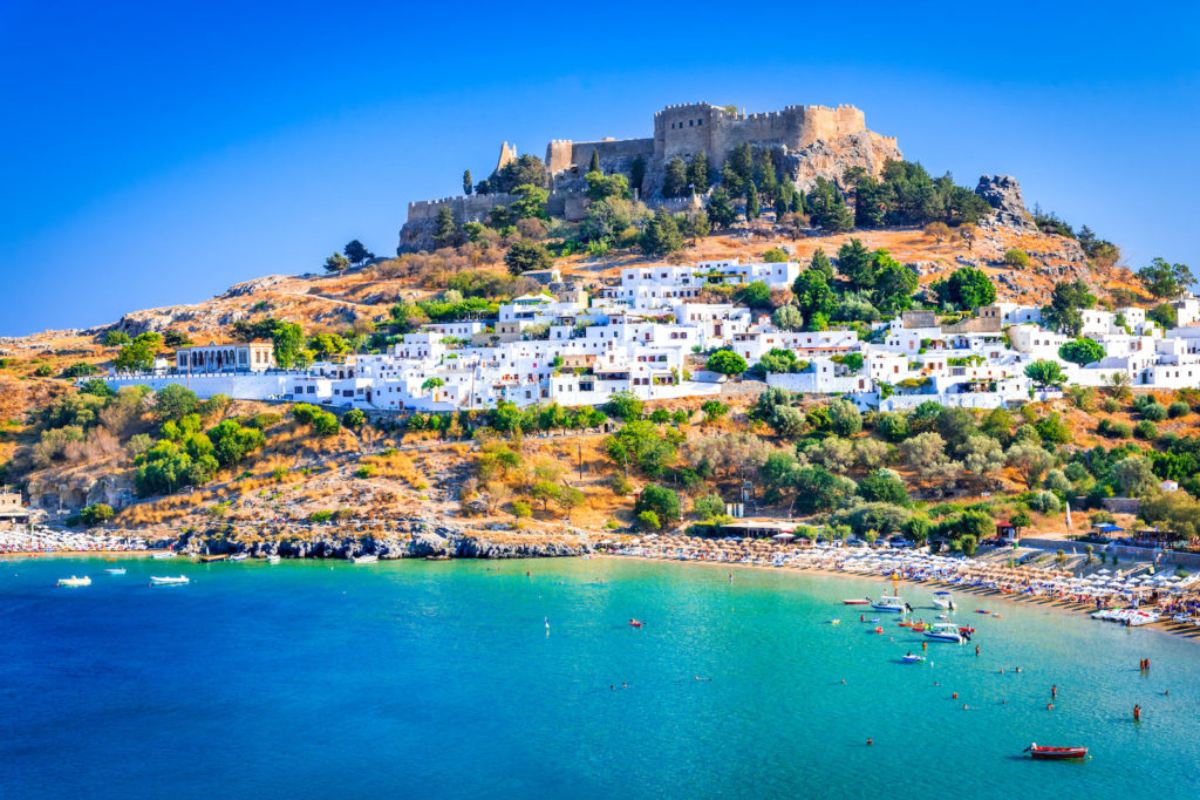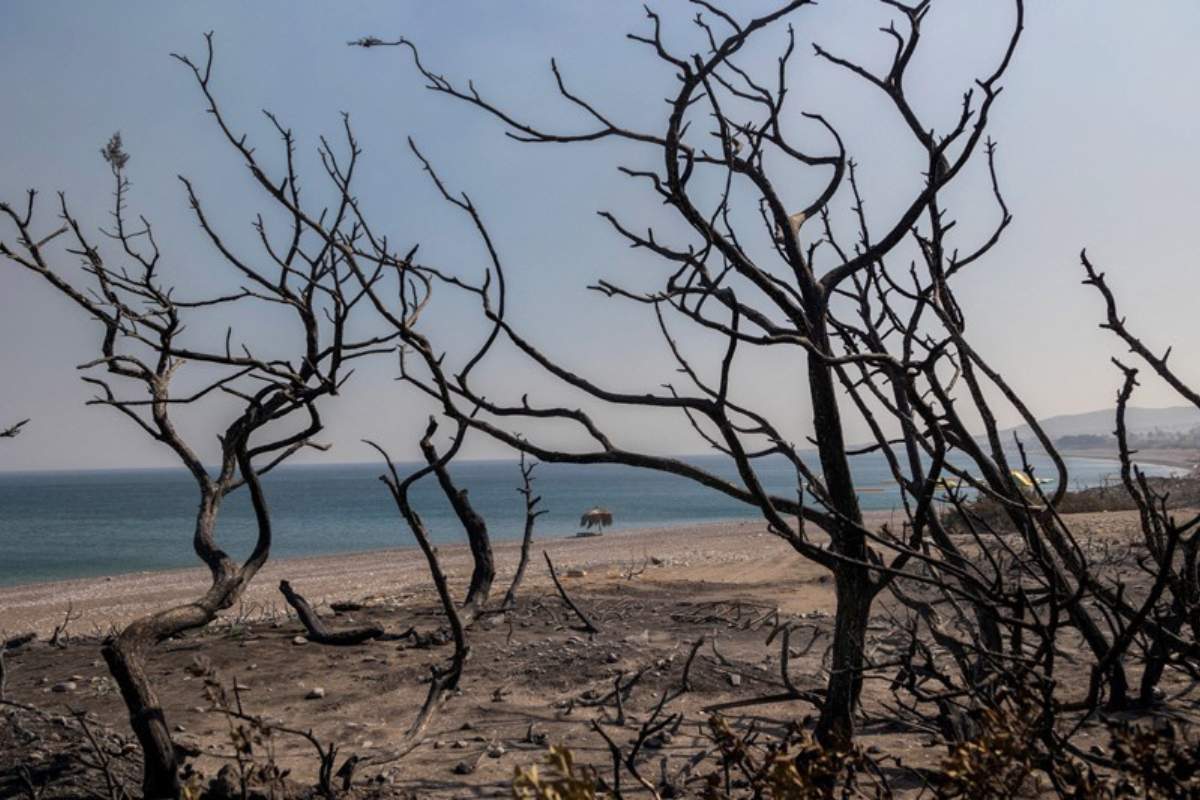Greece is, from the perspective of travel lovers, the ideal location for a voyage to see the globe due to its tranquil and ancient aspects. This Southeast country in Europe with thousands of islands scattered over the Aegean and Ionian seas is known for its sunlight, ivory-painted homes with vibrant blue shutters, delectable cuisine, and liberal lifestyle. However, after encountering the July 2023 forest fires and a period of extreme climate change, tourists may no longer be intrigued and enthusiastic about visiting Greece.

As the country regarded as the cradle of Western civilization, Greece is thought to have one of the most intriguing histories in the world. This country possesses the world’s greatest ancient monuments. From the Parthenon to the peaks of Olympus, the spirit of the ancient Greeks lives on in mythical landscapes and countless archaeological sites. Modern Greece, on the other hand, provides greater independence and sincerity, as well as the beauty of vibrant colors, and a comfortable feeling when consuming fresh seafood on sand-covered tables.
Unfortunately, Greece is currently facing a kind of war disaster in peacetime called a natural disaster. The most severe flames and floods ever recorded have just occurred in the nation referred to as the “land of the gods.” In late August and late July, two disastrous fires burned across more than 150,000 hectares of forests. Greece continues to experience flooding and at least 17 people have died since mid-September. These are the primary causes of Greece’s sharp drop in tourism.

Efforts to restore the tourism industry after natural disasters
Going back to the past, it can be claimed that tourism was the key engine that pushed the Greek economy out of the financial crisis in 2018. In the summer, travelers from all across Europe, notably Germans and Britons, flock to Greece’s beautiful islands. Among them, Rhodes Island, the ninth-largest island in the Eastern Mediterranean, is a prominent holiday spot.
The Greek island of Rhodes encountered a fire in July 2023 that started in the island’s center and quickly extended to the nearby shore, which is home to numerous well-known tourist attractions. More than 20,000 visitors and residents were compelled to evacuate their residences or seaside hotels as a consequence. The situation on Rhodes Island has currently stabilized, yet the fire caused an abundance of concerns, which are uncomfortable for visitors. Therefore, the Greek government collaborated with local authorities to offer tourists a week of free vacation to keep tourists who have a cut-short vacation due to the forest fire as well as promote the nation’s stunning natural landscape.
Rhodes’ inhabitants, like those of the majority of Greek islands, rely significantly on tourism for employment and revenue. However, it should be accepted that the restoration of Rhodes Island’s tourism sector may be slowed by the fire’s effects on the infrastructure.
The challenges are still present, though, and climate change is coming. Heatwaves might affect the economies of the area and lessen the attraction of southern European travel destinations, particularly Greece, in the long term or at least this summer.

Photo: Reuters
Climate change: The main reason that may make tourism in Greece no longer attractive
The Greek tourist sector has a new difficulty in addition to several ongoing issues, such as the transportation system and road network to the islands, garbage disposal procedures, and waste management across the nation. The climate problem, which has led to a change in visitor flows to cooler climates, restricts the industry’s growth. The country’s economy is being severely impacted by the deadly natural catastrophes that climate change is progressively resulting in.
Instead of countries facing oppressive heat waves like Croatia, Greece, Spain, France, and Italy, tourists are increasingly choosing more frigid locations like the Czech Republic, Denmark, and Ireland. More specifically, with the temperatures in Greece having exceeded 40 degrees Celsius with an increasing tendency, this nation has drastically overcome the decreased interest in popular Mediterranean vacation spots.
Facing this issue, the local media is encouraging Greek tourism to be expanded into other seasons to attract more tourists who otherwise avoid the hot summertime. As a result, the nation’s tourist sector, which struggles to remain a year-round operation, may benefit. Therefore, both the Greek government and businessmen who are investing in the tourist industry must make this solution a strategic objective.

Photo: Reuters

